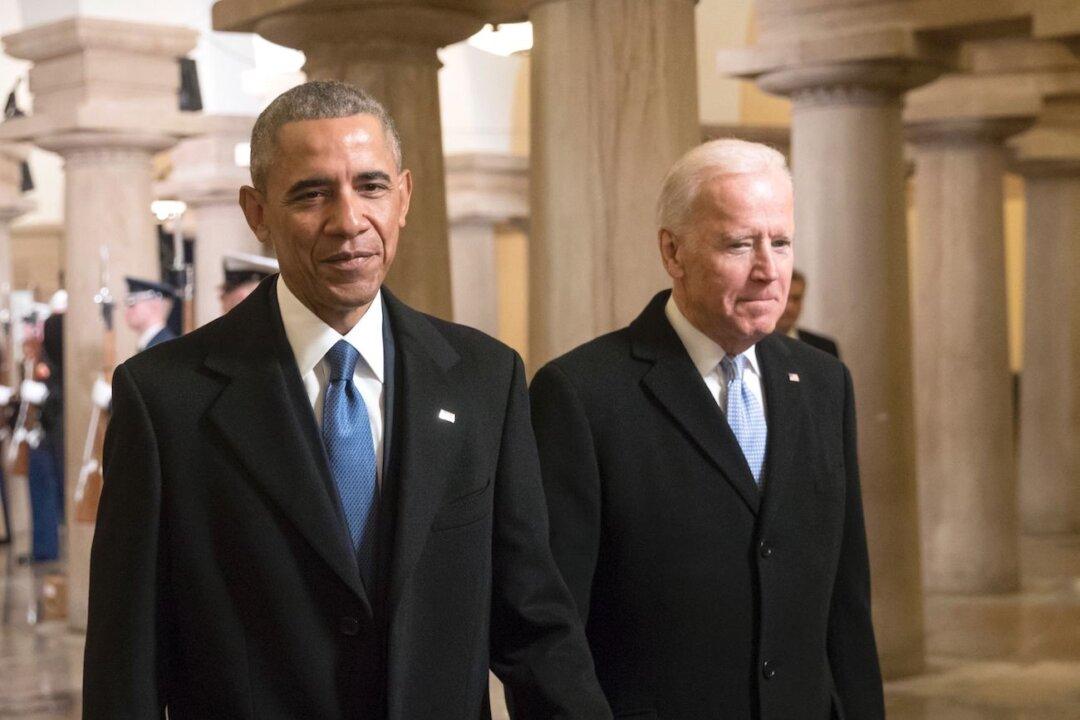Commentary
At last month’s National Conservatism Conference in Orlando, Florida, I used my speech to criticize “Fusionism,” the postwar conservative movement’s default political alliance built upon an attendant “Fusionist” political philosophy, and instead argue on behalf of an alternative path forward. Fusionism, as formulated and popularized by the midcentury theorist Frank Meyer, “fused” together economic laissez-faire dogma with privately held social and cultural conservatism. Fusionism remains today the philosophical lodestar for many of the leading institutions of Conservatism, Inc., such as National Review and The Heritage Foundation.





